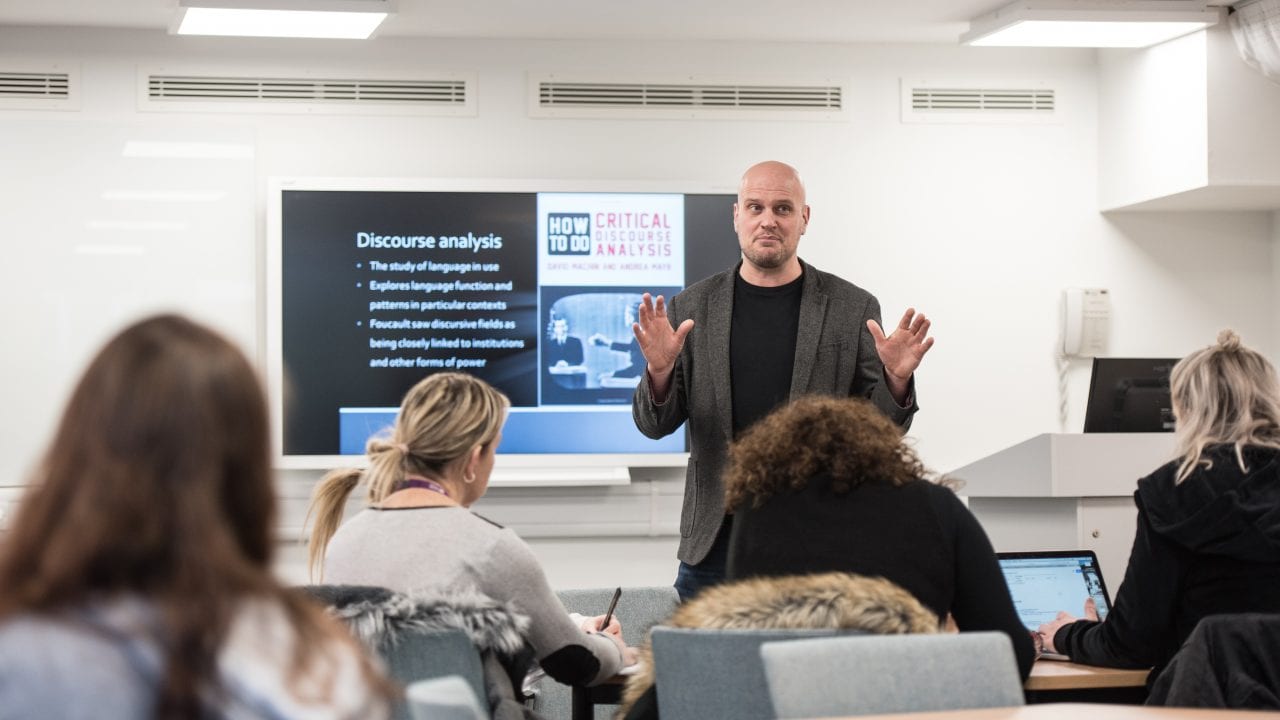Media and Crime
This module examines the relationship between crime, justice, and the media, exploring how they are constructed and represented across various media platforms. Using key criminological concepts, it analyses the role of the media in shaping public perceptions of crime and justice through news, drama, and documentary formats. The module also considers different media outlets, including print, television, film, and digital media, to critically assess their influence on societal understandings of crime and justice.
Understanding the Criminal Justice System
This module focuses on theories of criminal justice and how these help understand the processes and systems which constitute criminal justice within the UK. The module introduces the different stages, institutions and professional roles within justice systems and how the criminal law operates through the courts. You will observe practices and procedures in a courtroom and analyse them using both the academic resources introduced in the classroom. The module will combine tutor led input and input from guest speakers.
The Sociology of Crime
The module explores the key sociological perspectives in relation to crime and deviance. It explores theoretical concepts and research that explains patterns of crime and criminal behaviour. Additionally, the module explores the historical development of sociological theory and the links to contemporary debates in crime and society. Topics include but not limited to, Functionalism, Marxism, Left and Right Realism, Labelling and The Self-Fulfilling Prophecy, Gender and Crime, Ethnicity and Crime, Social Class and Crime and Locality and Crime. Students will explore a range of different case studies that can be explained using sociological theory and will explore the extent to which theories can explain a range of different crimes
Youth Offending and Justice
This module provides an in-depth examination of the factors that contribute to youth crime, critically exploring a wide range of criminological theories, both historical and contemporary. You will engage with these theories to understand why young people commit crime, while also evaluating current policies and legislation within the Youth Justice System, with a specific focus on England and Wales.
The module also addresses various strategies aimed at encouraging desistance from crime and the challenges of supporting young offenders in their reintegration into society. Through class discussions and insights from guest speakers actively working in the youth justice field, you will gain a real-world perspective on the complexities of working with young offenders.
By the end of the module, you will be equipped to articulate a well-rounded, informed position on the effectiveness of current policy responses to youth crime and understand the ways in which these responses impact a diverse range of young people.
Criminal Minds
This module explores the contributions of psychological theory to the multidisciplinary study of crime. It introduces key concepts from Psychology, Social Psychology, and Developmental Psychology, providing a theoretical foundation for understanding individual factors influencing deviance, criminal behaviour, forensic mental health, offending, victimisation, and desistance
Criminological Research
This module introduces students to a variety of research methods and analytical techniques that Criminological researchers use to test social theory and study aspects of social life. Topics covered include; the epistemological approaches underpinning quantitative and qualitative approaches and practicalities involved with generating quantitative and qualitative research (e.g. sampling and recruitment). Research methods covered include: surveys; freedom of information requests; official statistics and content analysis; interviews; ethnography and participant observation; archival sources; digital methods. Space is given to discussions of the importance of ethical research.
*Subject to validation

